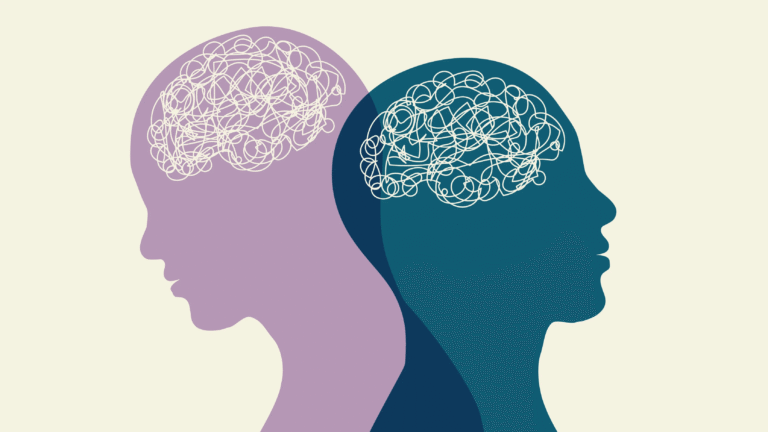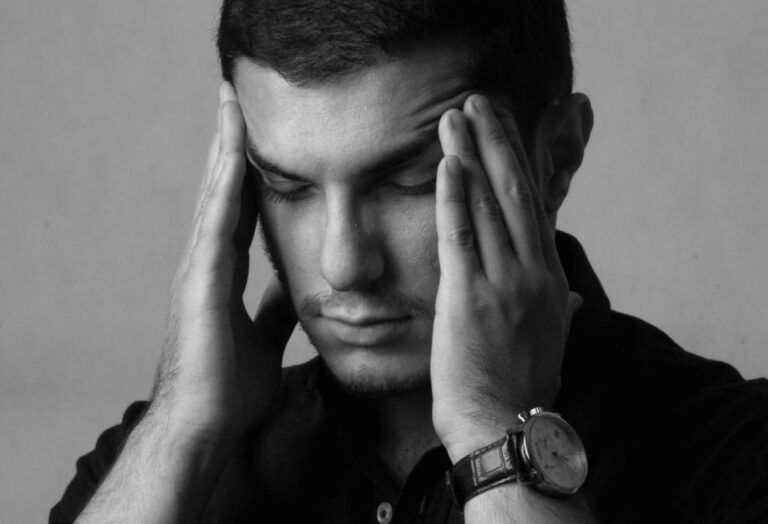Alcohol addiction never happens overnight. It is a continuous but silent cycle that finally makes an individual dependent on it for managing tricky situations, stress, and overall numbing feelings like guilt or shame. Alcoholism affects people differently, making the process of getting treatment and recovery challenging in its ways.
Often, due to traumatic events, lack of support, and demotivation, an individual may end up relying on alcohol to find comfort and avoid managing the complexities of the situation. While some loved ones opt for professional help, like seeking addiction treatment in Glendale, it is still crucial to understand the roots taking shape of alcohol addiction.
Here are common reasons behind an alcohol addiction:
- Stress Relief
Some people prefer enjoying a pint or two after work to unwind and relax. While this may seem like a harmless habit, it may turn into an addiction if the individual ends up depending on alcohol for stress management.
Turning to alcohol for prolonged periods to find relief and a break from every day chaotic situations ends up taking the shape of a coping mechanism. As a result, instead of believing in themselves to manage the situation, individuals prefer to depend on alcohol to find solace.
- Personal Choice
Despite knowing the risks associated with excessive alcohol consumption, there’s always a chance that individuals may opt to engage in drinking maladaptively. This personal choice can be for various reasons, from managing stress to enjoying the beverage. Such drinking patterns are also known as binge drinking. While they may not qualify as a clinical drinking disorder, prolonged exposure can eventually lead to dependency and, later, to addiction.
- Family History
Alcoholism runs in the family, making anyone with a history susceptible to the condition. It is a genetic and environmental factor that also affects the genes ADH1B and ALDH2, which are responsible for controlling alcohol metabolism in the body.
In case the household is free from alcoholism but has a stressful and chaotic environment, it can subject the individual to a higher risk of depending on alcohol to manage their well-being or to lessen the impact of environmental factors.
- Past Traumatic Experiences
Without adequate treatment and support, trauma recovery can become a challenge, eventually forcing the individual to isolate themselves or have unruly behavior directed toward their loved ones.
Individuals with traumatic experiences often resort to alcohol as it numbs the sensations without the burden of analyzing the emotions, memories, or feelings causing the rift.
- Self-esteem Issues
Low self-esteem can cloud one’s ability to see one’s true self and appreciate oneself. Instead, people are consumed with feelings of inadequacy, worthlessness, and failure while severely undervaluing their existence and purpose in life.
To numb such demotivating emotions and feelings, an individual may choose to indulge in alcohol consumption frequently. The consumption rates may swell if the individual is subject to bullying, constant criticism, and disregardful behavior.
- Social Factors
Social factors contribute to how one perceives the consumption of alcohol. Culture, religion, family, friends, and the workplace influence a person’s growth and behavior.
Suppose any of these factors encourage alcohol consumption as a means to deal with the hardships and celebrations of life. In that case, the person develops and practices the same perception in their lives.
- Personality Factors
It may come as a surprise for some, but personality traits can significantly increase an individual’s chances of getting into alcohol addiction. Binge drinking is often associated with people with a higher impulsive and sensation-seeking personality.
Adolescents tend to be less conscientious, limiting their ability to gauge the repercussions of their actions. Parents’ enabling behavior during adolescence and childhood further encourages this factor.
Bottomline
Alcohol addiction has the potential to rob away the goodness in one’s life and replace it with dependency and a constant state of denial of someone’s problems. By understanding the condition’s causes, families and friends can prepare themselves for the treatment and recovery process while ensuring the person is not subjected to the same factors again.













